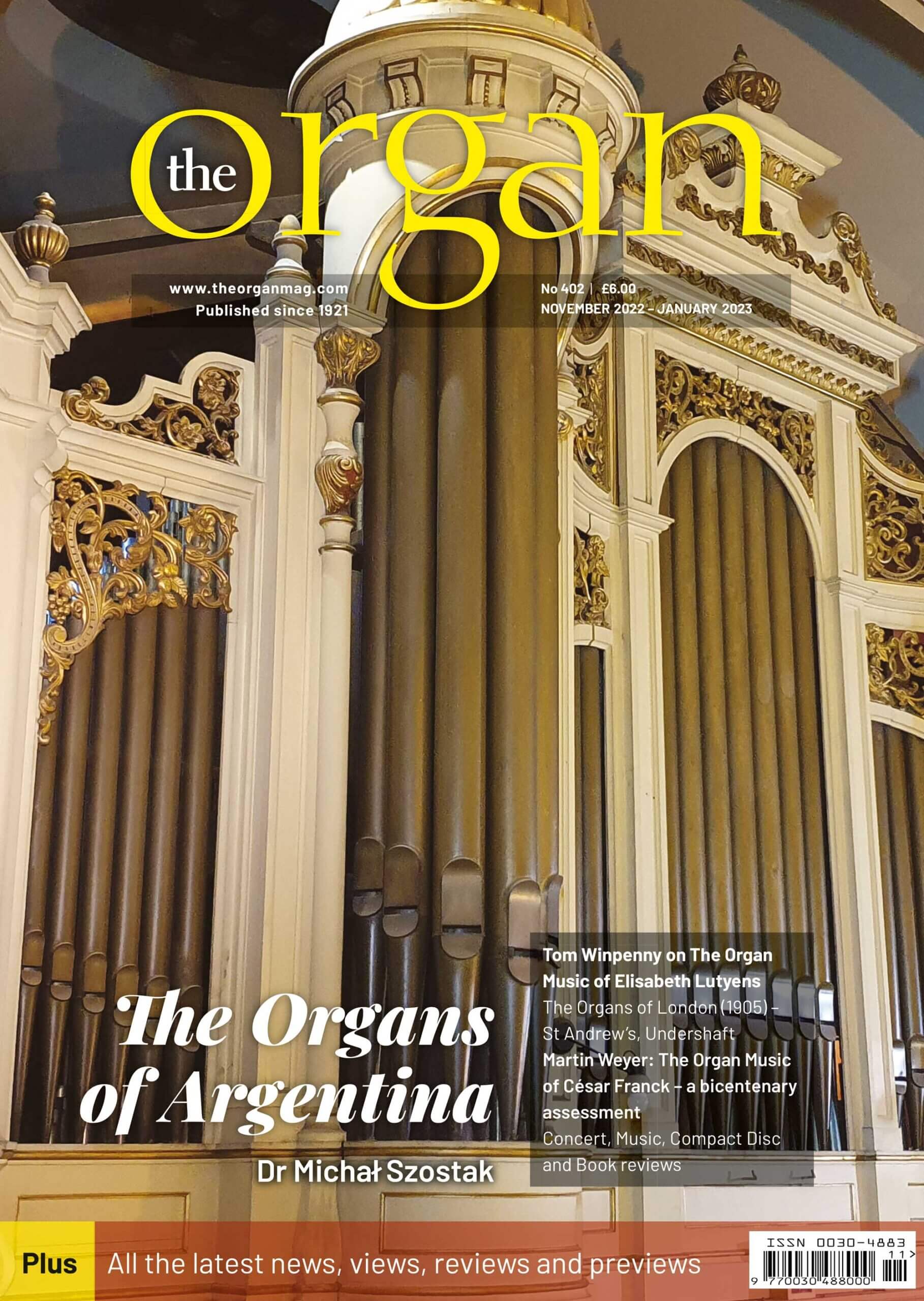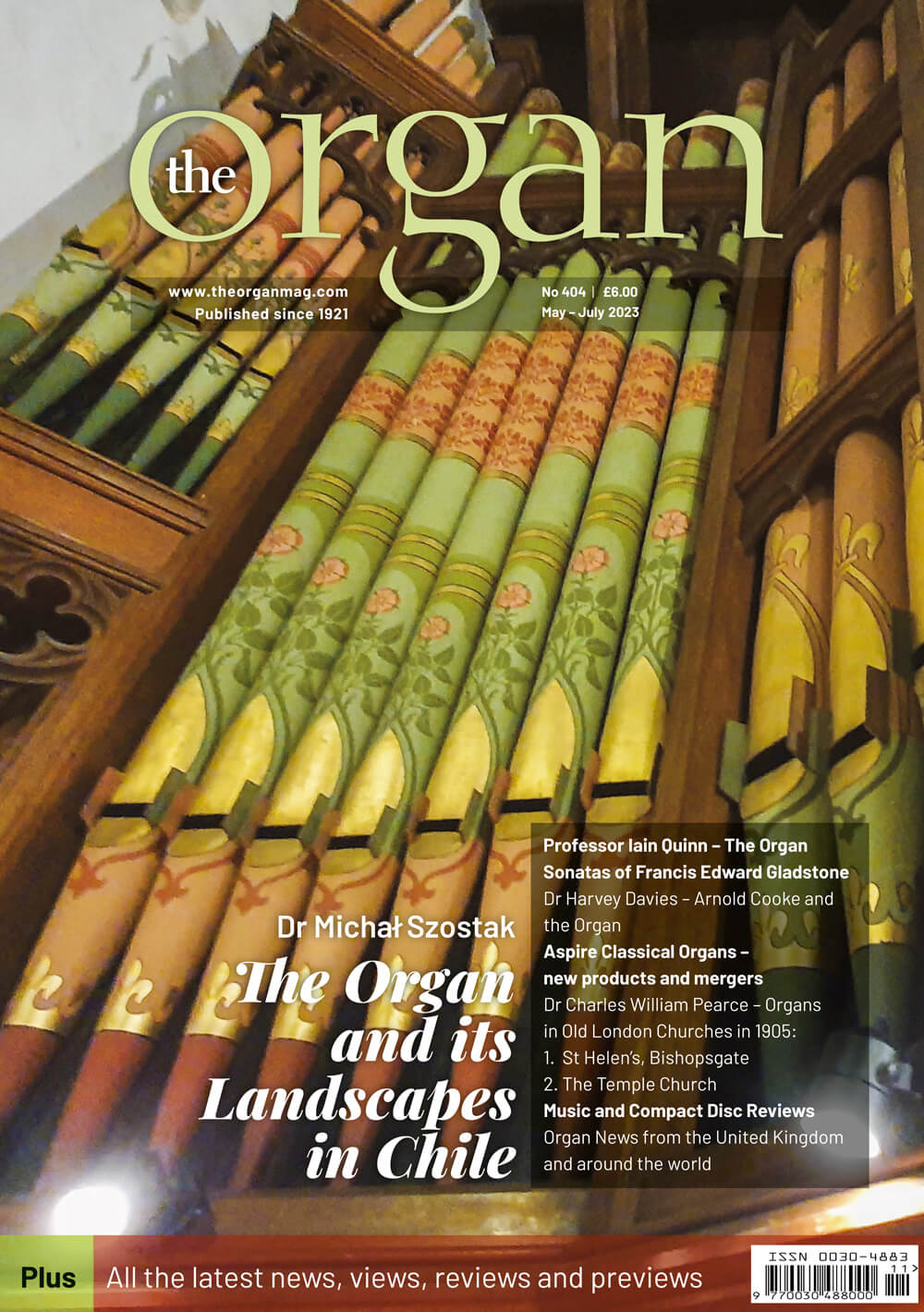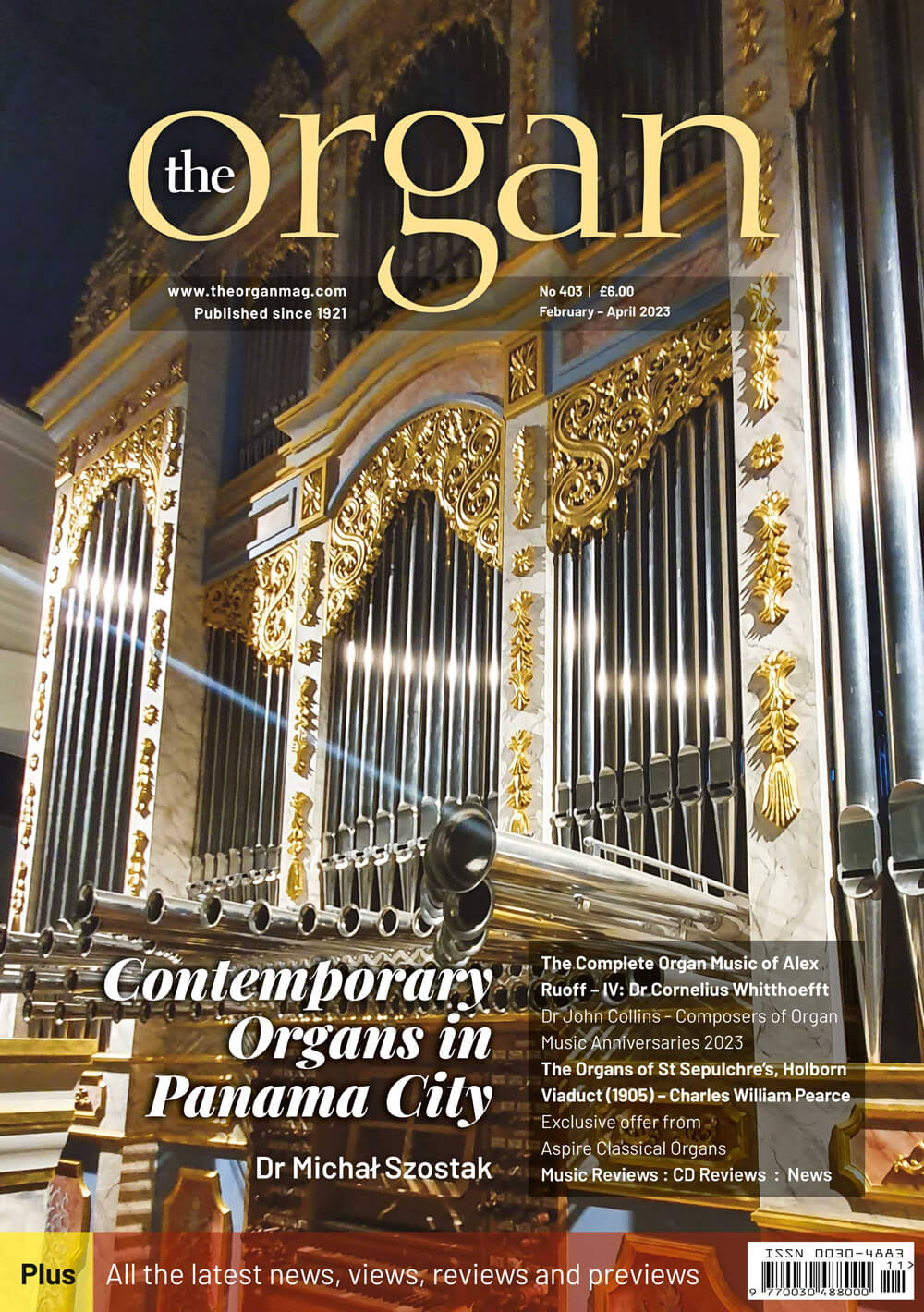Previous Issues
Autumn 2024. 1539
Summer 2024. 1539
Spring 2024. 1538
Winter 2023. 1537
Autumn 2023. 1536
Summer 2023. 1535.
Spring 2023. 1534.
Winter 2022. 1533.
Autumn 2022. 1532.
Summer 2022. 531.
Following the dispicable and illegal invasion of Ukraine, the Summer 2022 edition of Musical Opinion carries a large article about Sergei Prokofiev, arguably its most famous composer along with an overview of the Ukrainian classical music scene over the last one...
Spring 2022. 1530.
Winter 2021. 1529.
Autumn 2021. 1528.
Summer 2021. 1527.
Spring 2021. 1526.
Winter 2020. 1525.
Autumn 2020. 1524.
Summer 2020. 1523.
Spring 2020. 1522.
Explore By Topic
Winter 2024. 1540
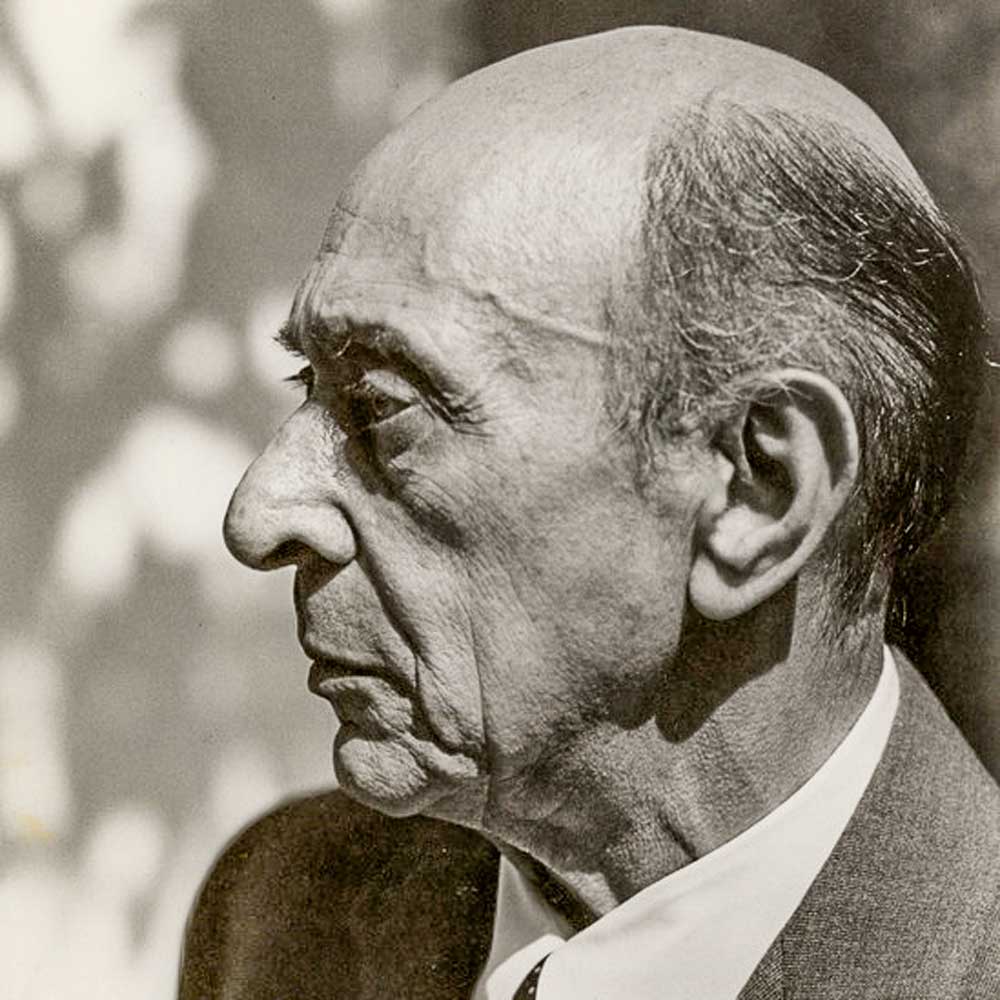
Arnold Schoenberg and Leopold Stokowski – Gurrelieder and Verklärte Nacht
James Palmer
Marking the 150th anniversary of the composer’s birth, a survey of a little-known association.
Leopold Stokowski (1882-1977) was the only conductor to have performed all of Schoenberg’s orchestral music during the composer’s lifetime. Stokowski’s Schoenberg performances included two world premieres – of the Violin Concerto and the Piano Concerto – alongside five American premieres, and he made the first recording of Schoenberg’s early choral masterpiece, Gurrelieder (The Songs of Gurre) 92 years ago, in Philadelphia.
Stokowski’s final performance of Gurrelieder took place on August 20 1961, as the opening concert of that year’s Edinburgh International Festival. He had given the work its American premiere in 1932, and his Edinburgh performance was the last time he was to conduct it. Two days later, he gave a second concert with the London Symphony Orchestra (containing music by Gabrieli, Tippett, Liszt and Shostakovich); prior to appearing in Edinburgh, in 1961 he had conducted in New York, Philadelphia, Vienna, Berlin and London; after the Edinburgh concerts he returned to the United States to continue his conducting commitments. Earlier that year, Stokowski had directed four performances of Gurrelieder in Philadelphia, during a run of ten performances he conducted of Puccini’s Turandot at New York’s Metropolitan Opera with Birgit Nilsson and Franco Corelli. In April 1961, he had celebrated his 79th birthday.
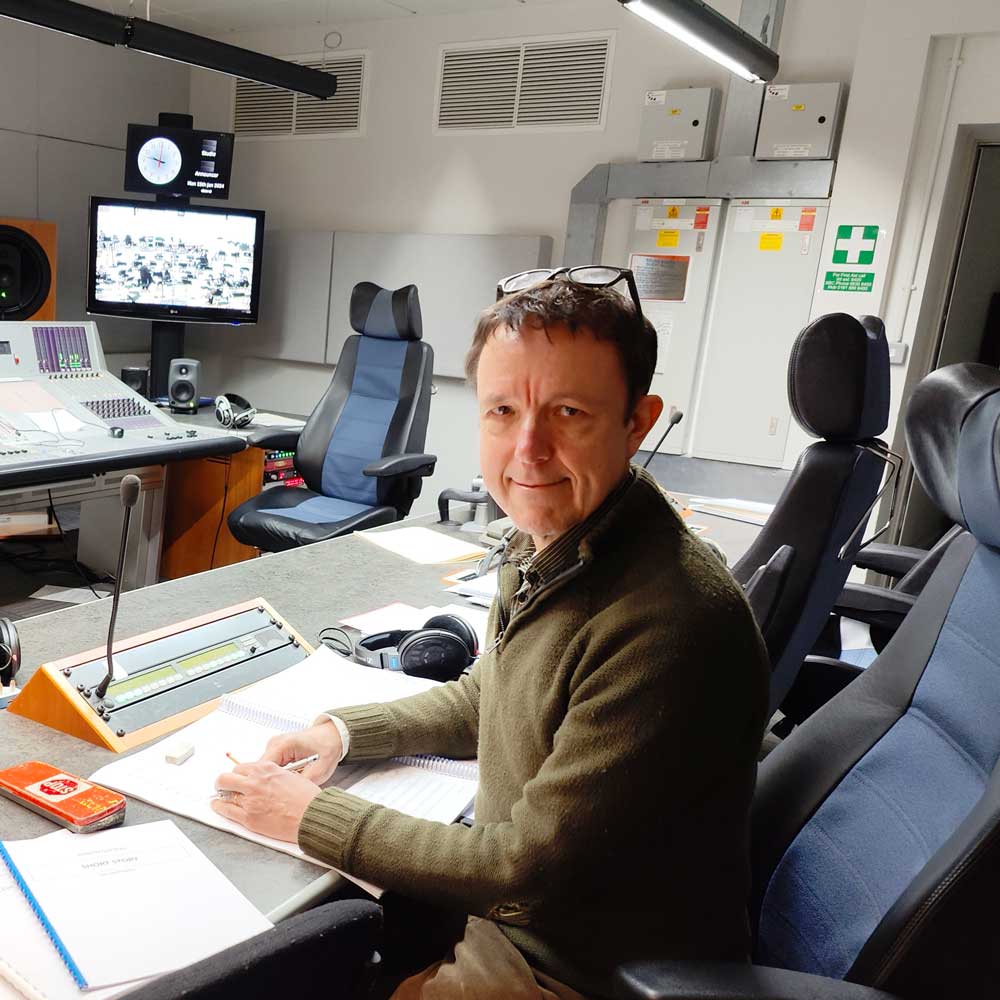
Adrian Sutton – a composer’s drama
The composer outlines his creative reaction to personal events
Few composers get to say they’ve had a successful full-time career. I’m hugely grateful that I’m one of them.
My 20-year stint in theatre helped; War Horse (returning for another UK tour in September 2024), Coram Boy and The Curious Incident of the Dog in the Night-time, amongst others, had multiple stagings around the world. These have absorbed my working life for the best part of 17 years.
And yet. Something can always come along to set fire to your reverie.. in my case, an incurable cancer diagnosis in September 2022, when priorities changed. Very rapidly.
Shock and denial overwhelm everything in the first two months after a diagnosis like that. But once the black clouds slowly began to lift, a calm clarity developed about what I should (and shouldn’t) be spending the rest of my now-curtailed time doing.
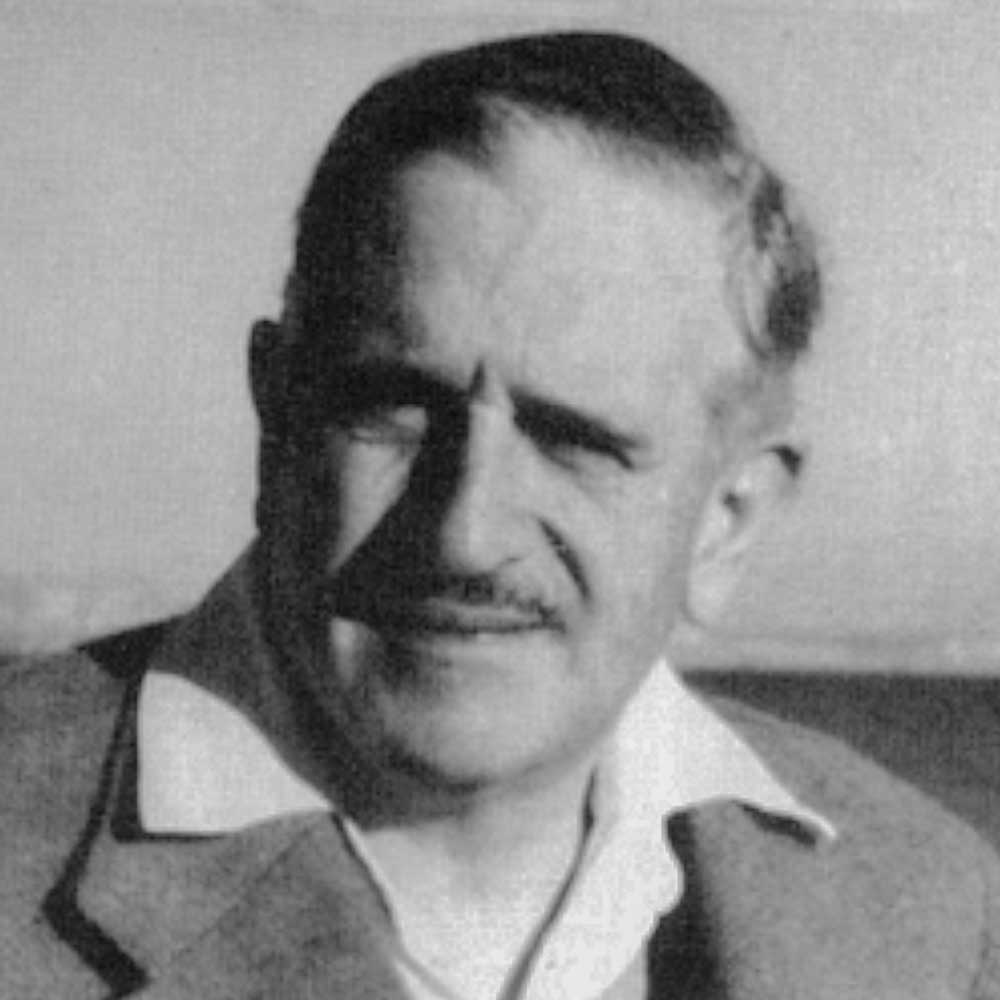
The Music of Joly Braga Santos – Part II: The Recordings
Stephen Connock
There are certain composers whose reputations rely almost entirely on recordings. For example, live performances of any of the seven symphonies of Arnold Bax or the twelve symphonies of George Lloyd are extremely rare. However, through the efforts of record companies such as Chandos, Hyperion and Albany, we can now hear, study and enjoy these important works. So it is with Joly Braga Santos. It is doubtful if you have heard any works by Braga Santos live, yet there are now over 50 of his compositions on disc, many in different interpretations. Marco Polo/Naxos have dominated the field in recordings of Braga Santos under the experienced, insightful baton of Álvaro Cassuto.
Although Braga Santos first started composing in late 1940, and his first symphony dates from 1947 when he was just twenty-three, none of his works were recorded in 78 format. The first recordings of his music appeared in the late 1960s, most noticeably in a Decca recording of the Fifth Symphony, from November 1968, which was released in 1969. In Portugal it was issued on the Strauss/Portugalsom label (SP 4043) and, in 1970, turned up on the World Record Club label. This recording was supervised by the composer and featured the RDP Symphony Orchestra under Silva Pereira.
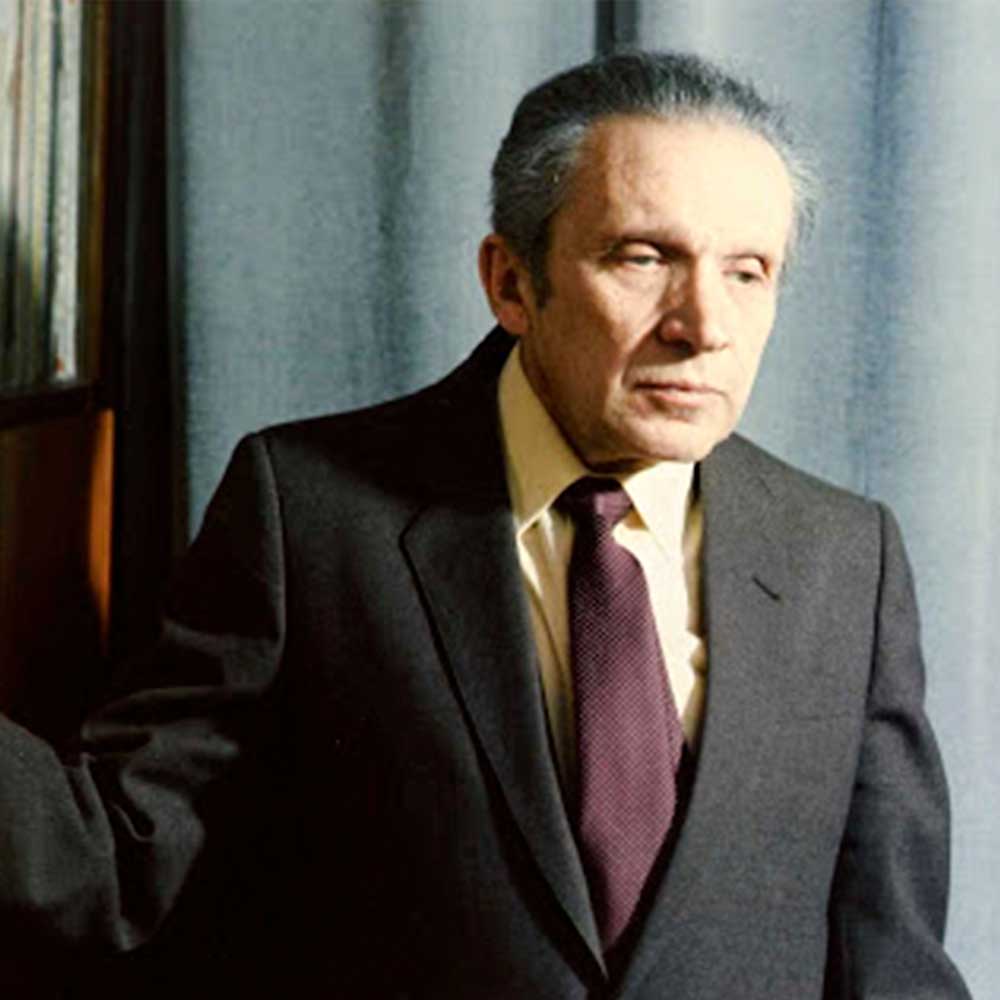
Mieczysław Weinberg, a Great Composer of the 20th Century
Rostislav Krimer
The life journey of perhaps the closest friend of Dmitri Shostakovich and one of the greatest composers of the 20th century, Mieczysław Weinberg (or Moisey (Moses), as he was called in the Soviet Union almost until the end of his life) , is rightfully worthy of a Hollywood adaptation. This is not only because it is unlikely that there ever was a writer or screen writer capable of inventing such a complex and intricate, tragic yet simultaneously full of hope thriller, filled with a series of astonishing coincidences and regularities in dates, events, and places.
Together with my Orchestra-For-Peace, the East-West Chamber Orchestra, which has included the finest soloists from more than twenty countries since its foundation in 2015, we had the joy of close interaction with the remarkable music of Mieczysław Weinberg, during performances and recordings of all four of his chamber symphonies for Naxos record label. Musically splendid, they narrate tales of war and peace, the tragedy of the Holocaust, and the horrors of Stalin’s repressions, shedding light at the end of the tunnel and capturing the unfulfilled dream of seeing his native home in Warsaw. A truly impressive life story unfolded before me, capable of astonishing even the most seasoned viewer.
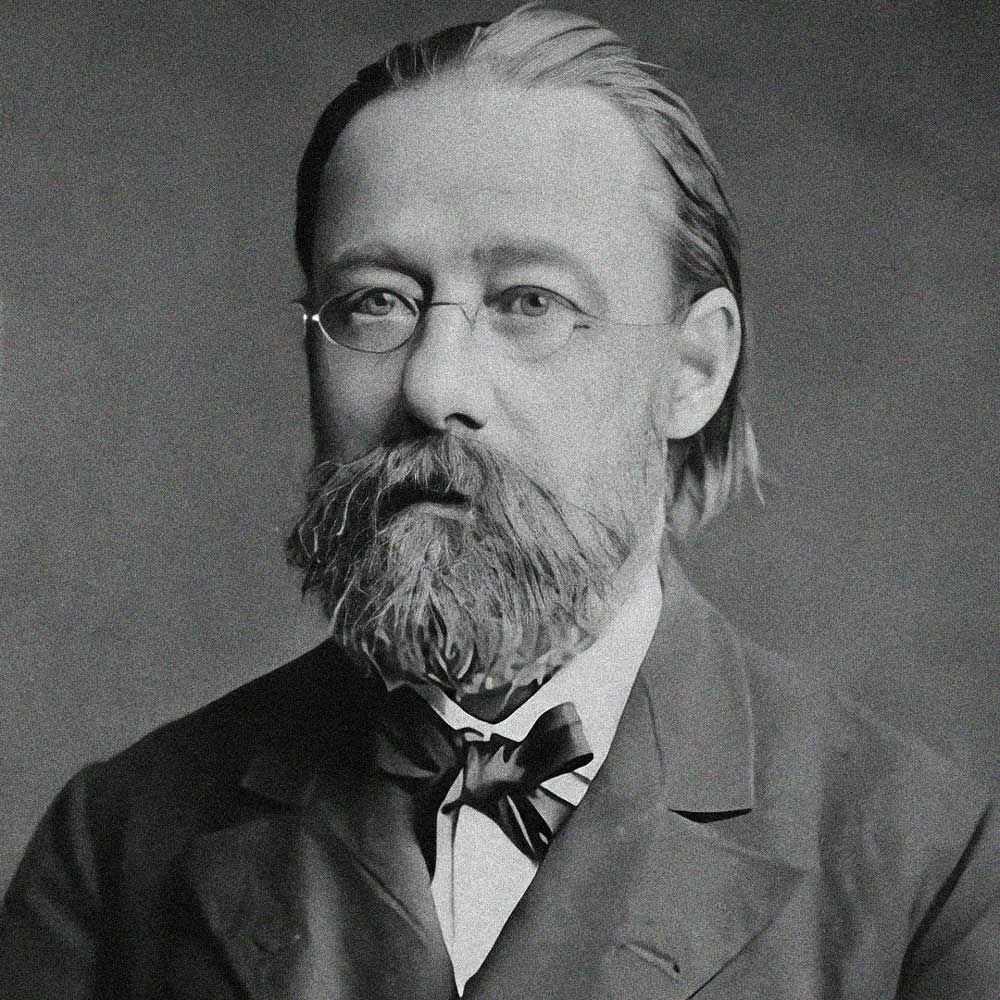
200 Years of Bedrich Smetana – ‘In music: the life of the Czechs’
Gregor Tassie
This year marks the anniversaries of the 200th birth, and 140th passing of the founder of Czech music – Bedrich Smetana. The contribution to Czech music and to world music of Smetana is colossal, especially in his operas, symphonic works, string quartets, choruses, piano pieces and vocal works. Sadly, only a small portion of his music is heard in public, yet his work heralded the beginning of a Czech musical tradition which fostered outstanding composers in Dvorak, Janacek, Martinu, Haas, and others.
Of his well-known works, perhaps The Bartered Bride is popular as are his massive symphonic Ma Vlast and the two string quartets. The richness of invention together with the harmonic language based on Bohemian and Moravian folk music ensure that despite popular tastes, his music remains among the most cherished in his homeland. One important factor in Smetana’s importance is his determination to found a Czech composing school – against the reality of the repressive Hapsburg Empire in which the Czech language and culture was ignored and forgotten. It was Smetana that established a school of composition and a national opera theatre in Prague.
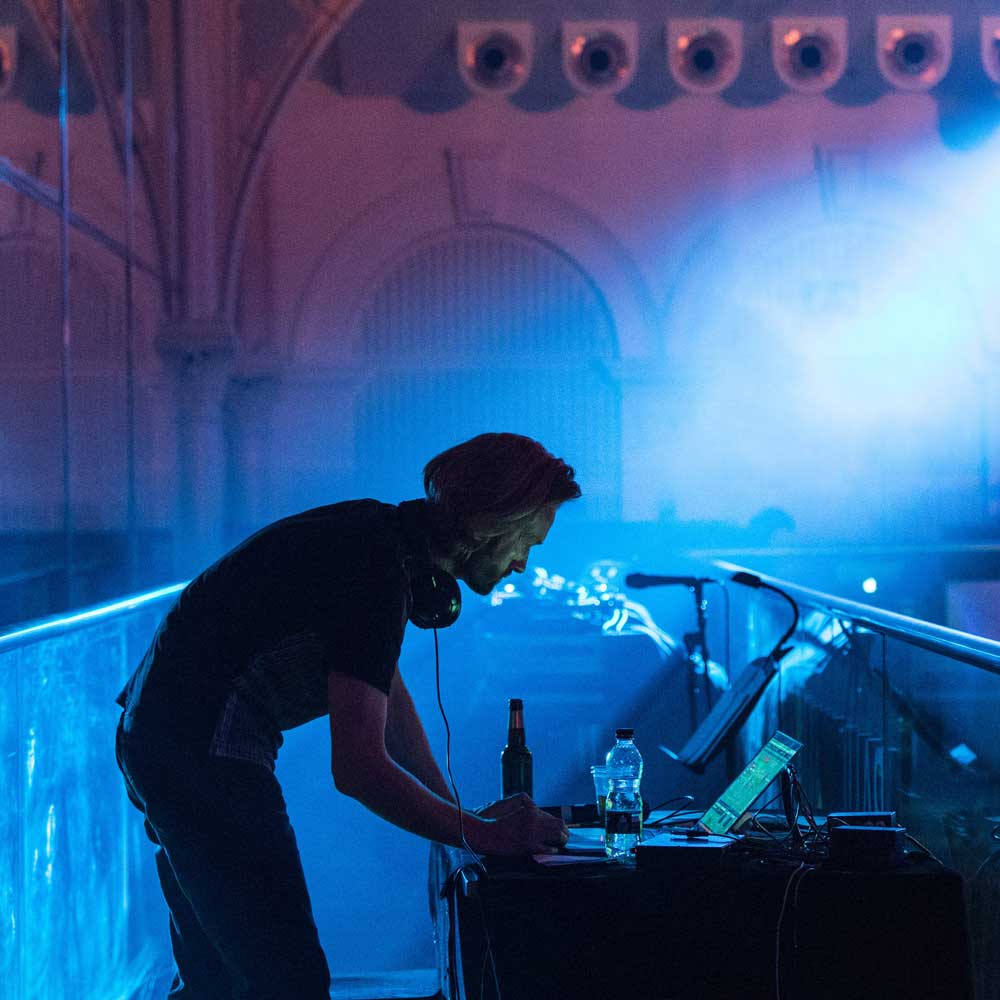
Nonclassical at 20
Gabriel Prokofiev
Nonclassical presents the London Symphony Orchestra at Hackney Empire to celebrate 20 years of bringing contemporary classical music to new audiences.
Back in 2004, I put on the first Nonclassical night with the simple aim of trying to bring my first String Quartet to an audience beyond the confines of the traditional classical concert hall. Little did I imagine then, that 20 years later, Nonclassical would be presenting the London Symphony Orchestra in a 1600 capacity venue in Hackney, with a program of all living composers, finishing with a DJ-set from maverick producer Matthew Herbert!
A lot has happened in the 20 years that followed, and the hard work of many very creative and determined people have made Nonclassical what it is today.

